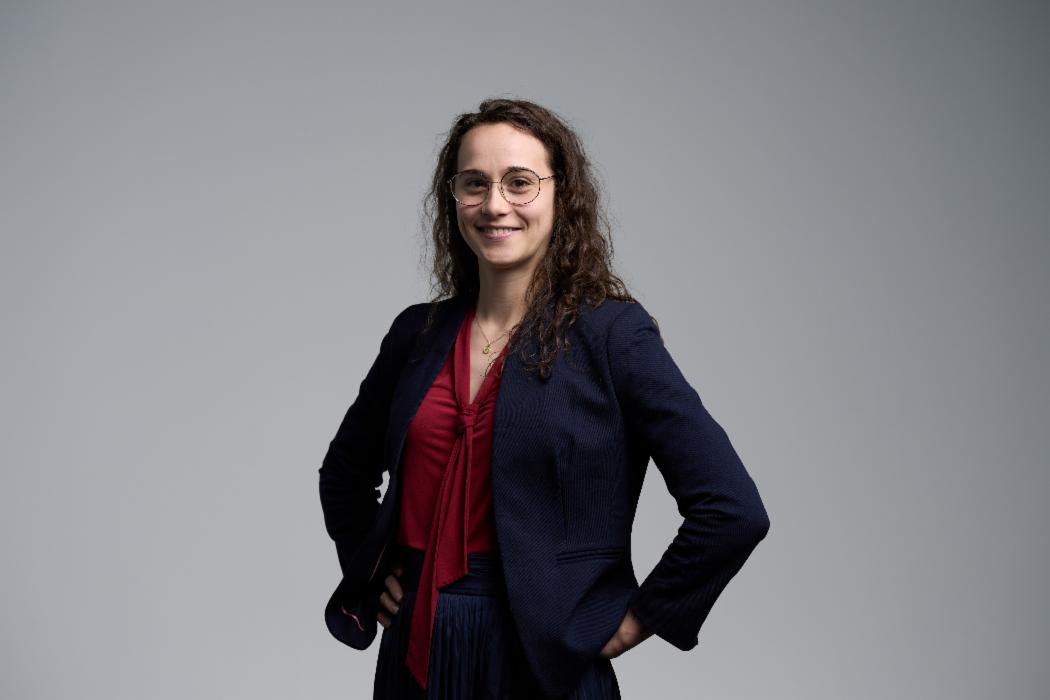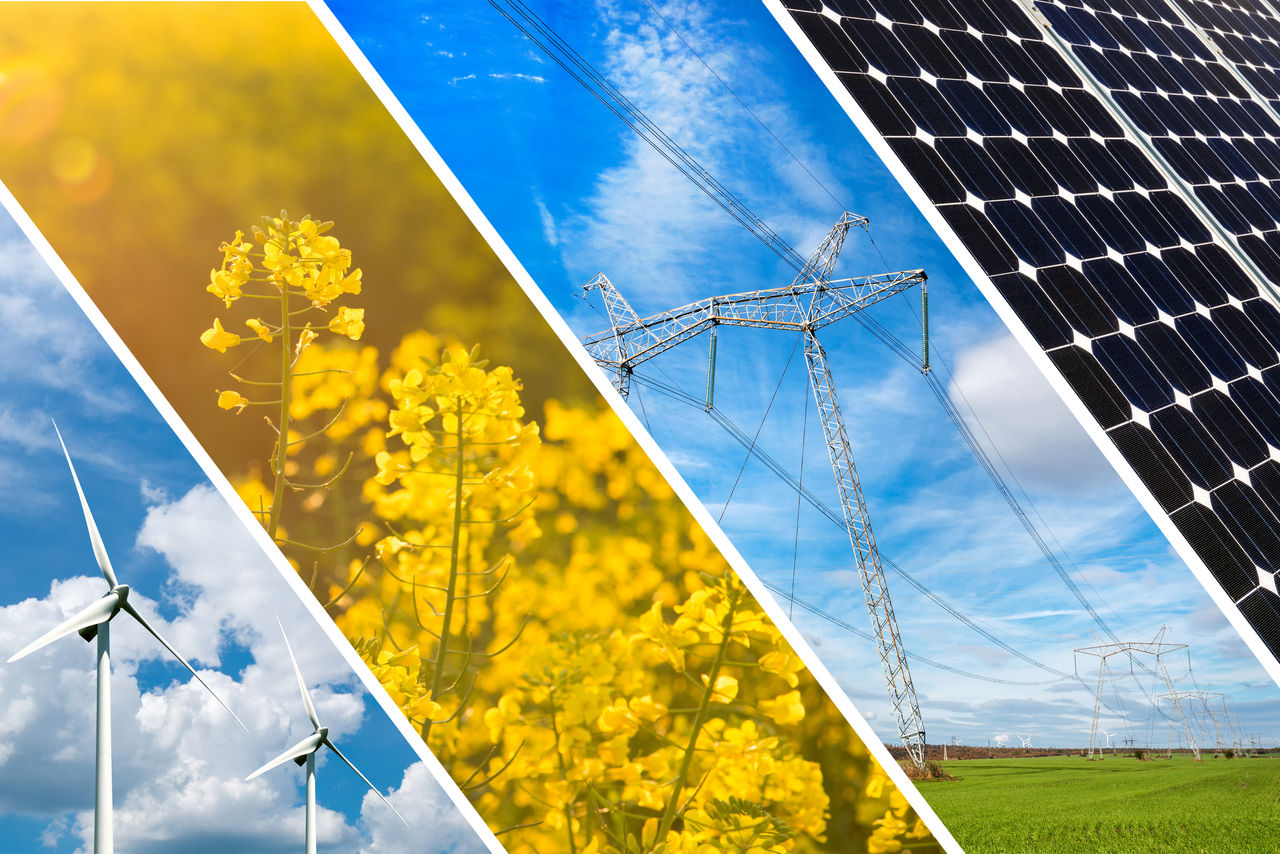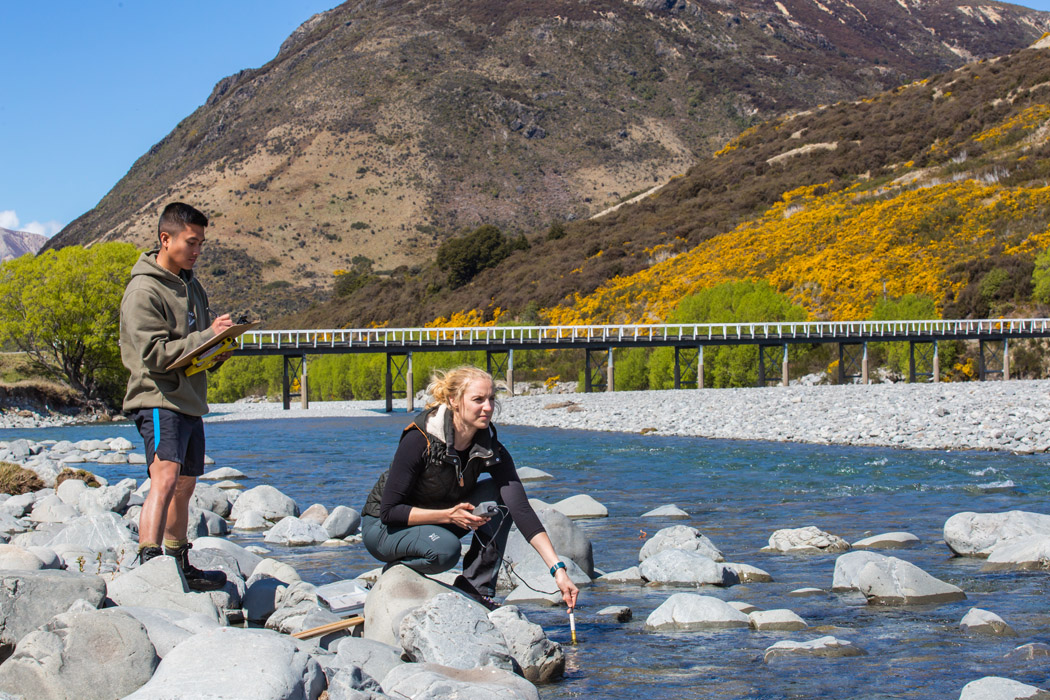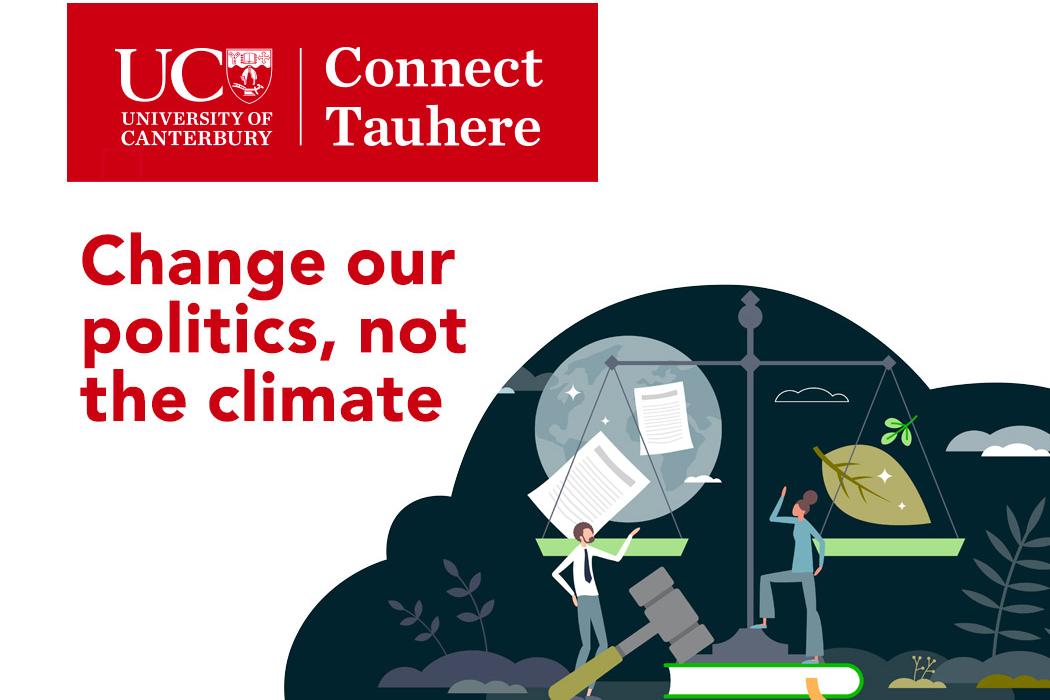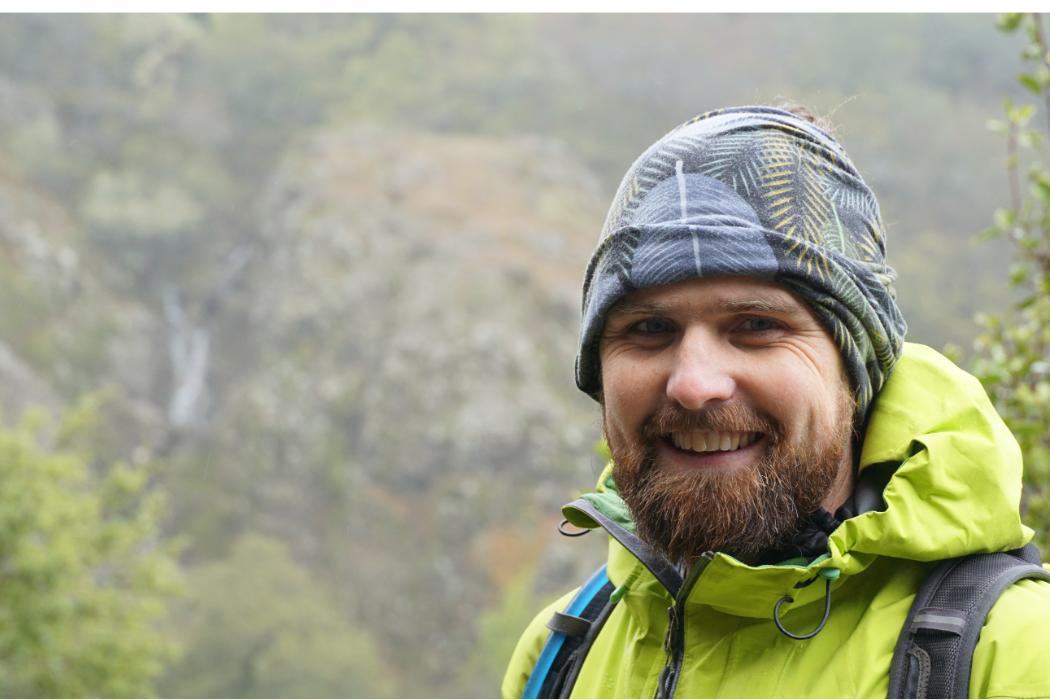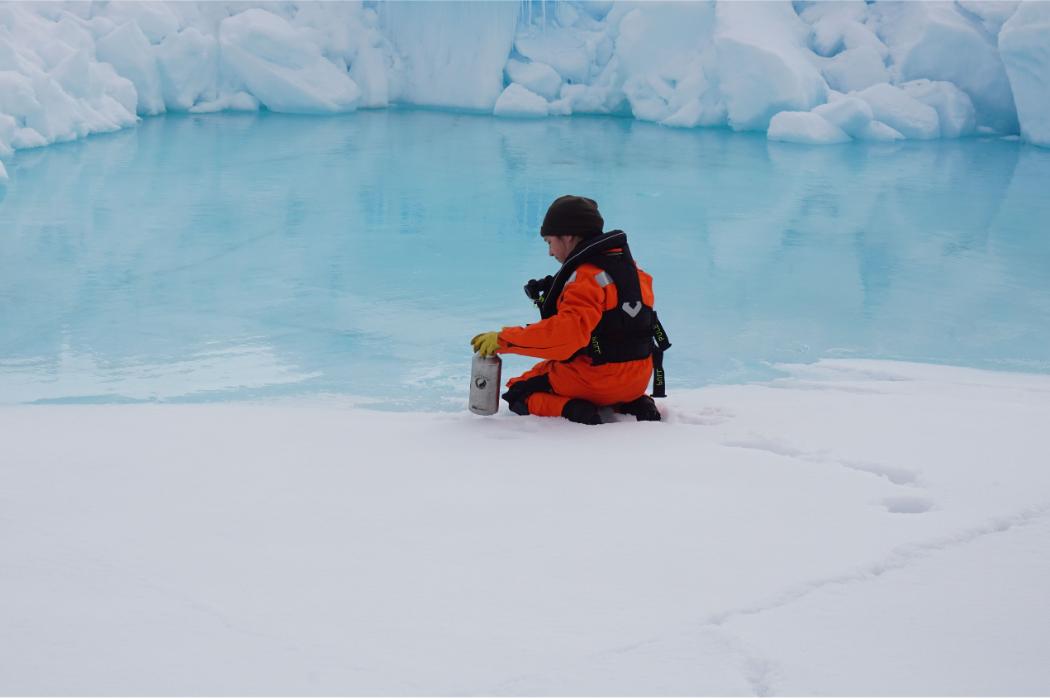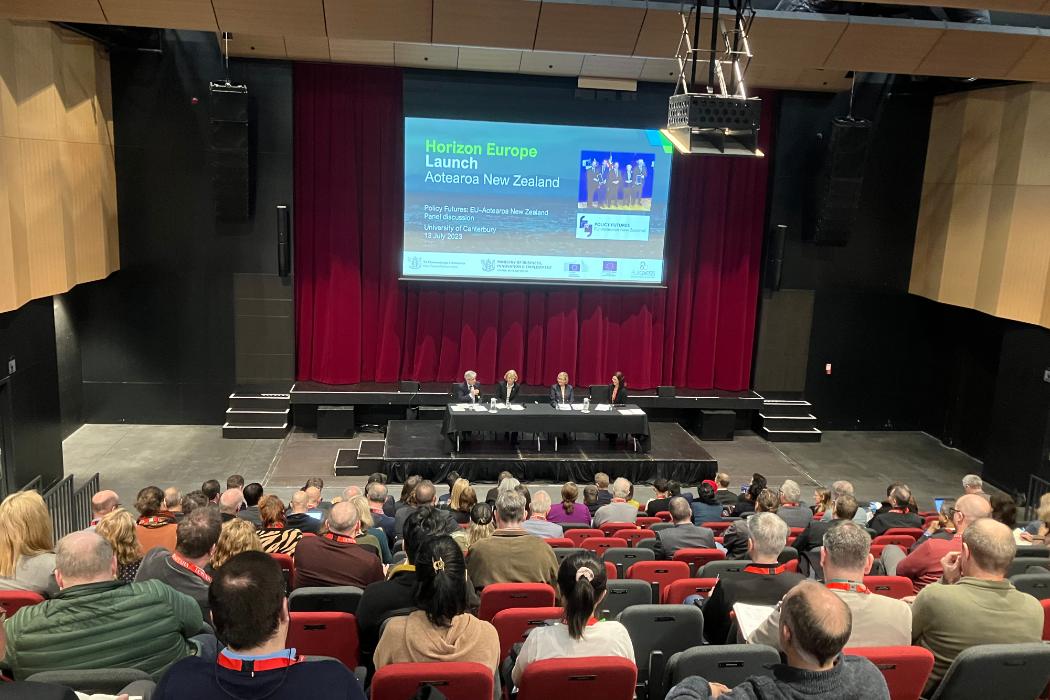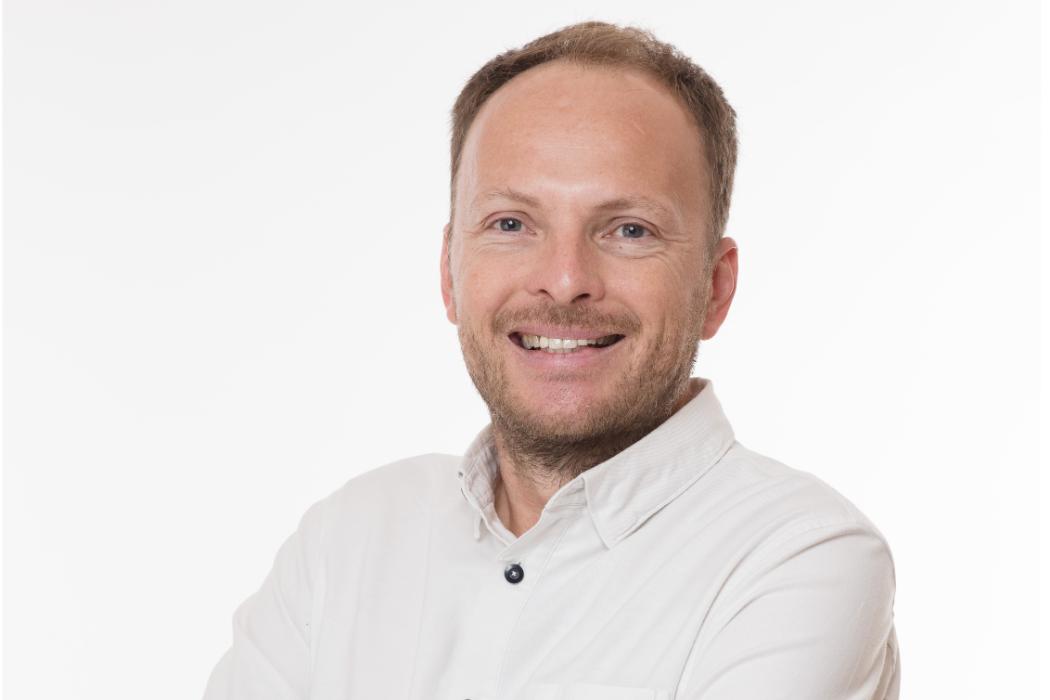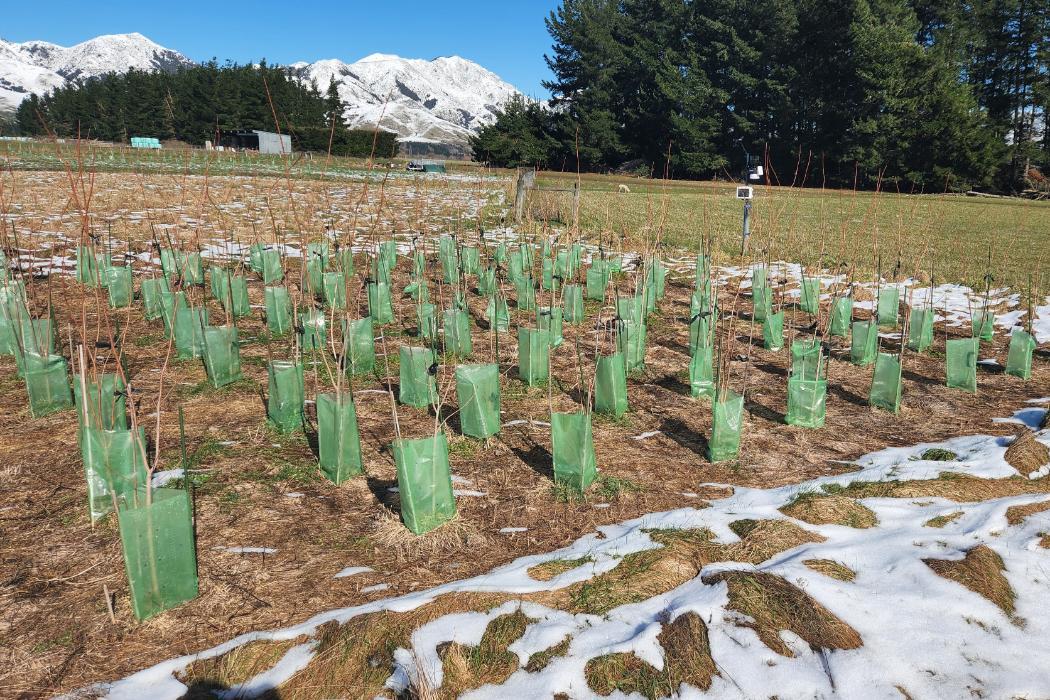Dr Rebecca Peer, a leading expert in renewable energy from the University of Canterbury’s Department of Civil and Natural Resources Engineering, weighs in. “A key factor in carbon emissions is the use of fossil fuels to provide energy to run our factories, businesses and homes,” she says. “Although New Zealand has done a fantastic job in terms of de-carbonising our electricity grid, we still rely on fossil fuels such as coal to meet demand when supply from renewables is limited. So if New Zealand goes through a long, hot, dry summer we still revert back to coal to fill the gap.”
While the country is headed in the right direction, reaching the government’s target still requires big changes – and that’s a big ask. Not only will technological changes be required to shift to 100% renewable electricity, there will also be a need for non-technical solutions, such as shifting human behaviour in terms of how and when we use our energy.
Dr Peer thinks that relying uniquely on the average person to fully understand and change their carbon emitting behaviours is simply not realistic. “There are so many factors that dictate people’s individual energy choices and patterns, from financial to habitual to cultural. Personal change won’t happen at the flick of a switch,” says Dr Peer.
In our neighbouring Pacific countries, the dilemma is even greater. Dr Peer has just embarked on research with PhD student, Joan Flores Jimenez, to investigate the energy futures of Pacific Islands. “In New Zealand we have plenty of energy but we need to decarbonise. However in the Pacific they may not even have enough energy to begin with, and there are further issues at play too. The wealth of the country, governmental stability, cultural tendencies let alone the sheer fact that the islands are more exposed to threats such as extreme weather, tsunamis and rising sea levels. The very fact New Zealand can state such an ambitious goal comes from a position of power, relatively speaking and pun intended.”
Ambitious indeed. New Zealand’s target of 100% reliance on renewable methods for energy supply is under 8 years away.
Working within a systems engineering framework, Dr Peer takes a broad view. “Looking at this problem from a systems perspective means looking at the issue holistically. In our field we try to assess all aspects of a problem by integrating specialised knowledge from many different disciplines to make better, more informed decisions.”
So, what lenses would a systems engineer be looking through, specific to the government’s energy goal for 2030?
“First and foremost, we’d look at electricity provision in terms of meeting the modern standard of supply and demand, decarbonisation goals and possible solutions like hydrogen technology for example. But equally, we’d be looking at the bigger picture. That means investigating other factors like environmental impacts on land, water and air, changes to energy equity or access, or effects on the security and resilience of our nation’s energy .”
Clearly, systemic problems demand systems thinking – which means there are no simple, easy or fast answers.
“It’s all very well to set targets but are there clear pathways and enough resources to achieve the goal in time? I’d say it’s touch and go,” Dr Peer concludes. “We can look at institutional changes such as forcing companies to take responsibility or increasing taxes, but these might only be short term fixes. There are always going to be a trade-offs between benefits and costs. We will need a suite of solutions. There is no silver bullet.”
—
Dr Rebecca Peer works as part of the Systems Engineering team at the University of Canterbury which investigates challenges, opportunities, and solutions for civil infrastructure systems in the context of climate change mitigation and adaptation. Dr Peer’s work focuses on the environmental impacts of energy systems, with particular focus on the electricity sector. She is passionate about researching energy, the environment, natural resources and sustainability, particularly in the context of a changing climate, new policies, and technological advances.
